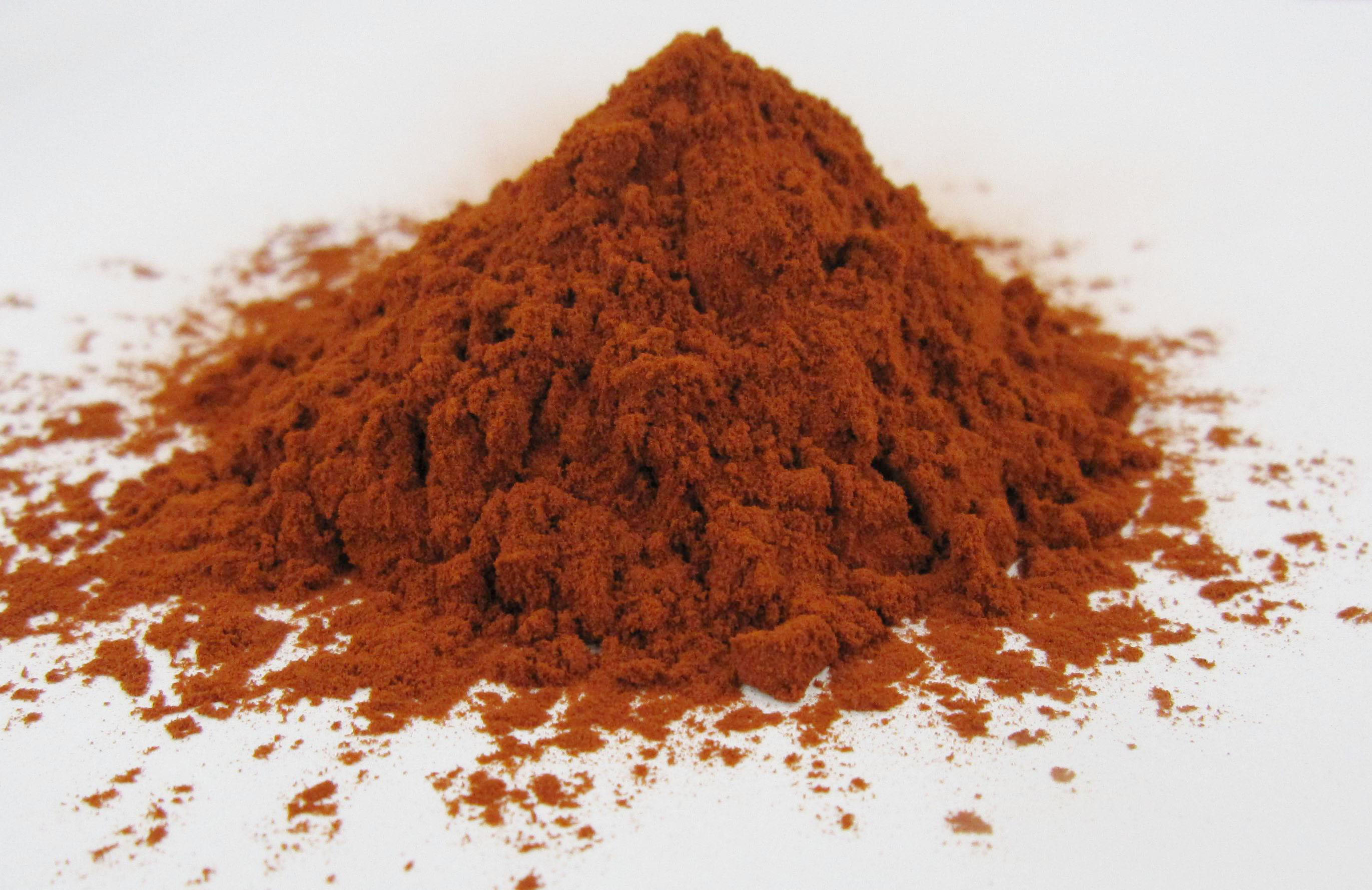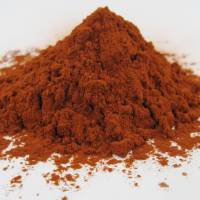Researchers from Shizuoka Prefecture have developed a powder with a high concentration of a black tea extract that is 15 times more effective than catechins found in green tea at deactivating the influenza virus. Catechins are know for their antiviral and antioxidant properties.
With a theaflavin concentration of about 40 percent, the powder is the first such commercially viable substance of its kind in Japan, they said.
Jointly developed by Yaizu Suisankagaku Industry Co. (YSK), based in Yaizu, Shizuoka Prefecture, and the University of Shizuoka, the powder is intended for use in next-generation bottled tea drinks and tea extracts.
The researchers confirmed that theafalvin is twice as effective against bacteria that cause tooth decay as catechins. They added that the compound is not detrimental to healthful bacteria in the mouth.
Experiments on animals also showed that theaflavins can improve blood circulation, they said.
According to YSK, theaflavin, a component of the red pigment in black tea, is produced during the fermentation or oxidation of green tea leaves, when catechins are converted to theaflavins.
Given their link to catechins, theaflavins are also considered a fat-reducing agent.
The developers hope manufacturers will incorporate the powder into their drinks and mouthwash.




